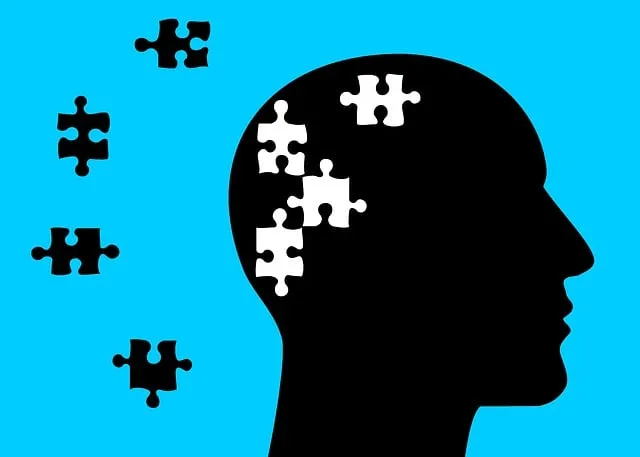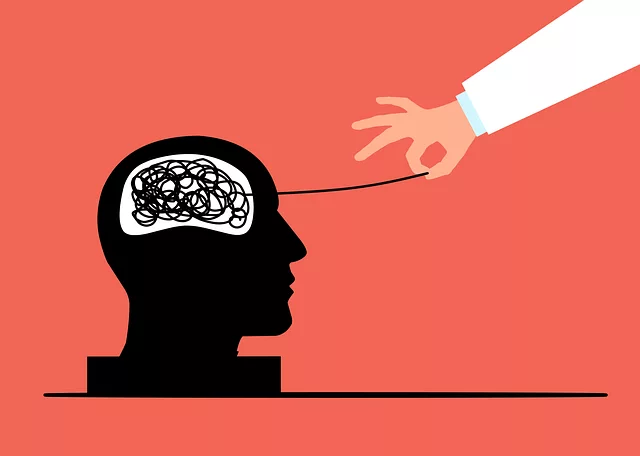Stress, a natural response to life's challenges, can cause significant health issues like anxiety, depression, and weakened immune systems if left unmanaged. Kaiser Permanente's "Golden" mental health coverage highlights evidence-based stress management techniques such as mindfulness, exercise, cognitive reframing, and self-care practices for professionals, ensuring tailored support for diverse needs. Their comprehensive benefits, including mindfulness meditation, physical activity, CBT, and cultural competency training, advance mental health awareness and accessibility in today's fast-paced world.
In today’s fast-paced world, stress management is a vital skill for maintaining optimal well-being. This comprehensive guide explores how individuals can navigate and overcome daily stressors. We delve into the profound impact of chronic stress on both mind and body, highlighting the importance of proactive measures. With Kaiser Permanente’s extensive mental health coverage serving as a valuable asset, this article uncovers effective techniques to foster resilience and promote a healthier, more balanced lifestyle. Discover golden strategies to manage stress and unlock a happier, more fulfilling life.
- Understanding Stress and Its Impact on Well-being
- Exploring Kaiser Permanente Mental Health Coverage Benefits
- Effective Stress Management Techniques to Implement Today
Understanding Stress and Its Impact on Well-being

Stress is a natural response to various life challenges, but when left unmanaged, it can significantly impact overall well-being. Understanding the causes and effects of stress is the first step in learning effective management techniques. Chronic or prolonged stress can lead to both physical and emotional health issues, affecting everything from sleep patterns and energy levels to mood and cognitive function. According to Kaiser Permanente’s mental health coverage and policy analysis, this can result in increased risks for conditions like anxiety, depression, heart disease, and weakened immune systems.
Emotional healing processes often begin with recognizing triggers and developing coping strategies. Mental Health Policy Analysis and Advocacy emphasizes the importance of individual resilience and self-care practices in managing stress. By integrating evidence-based techniques, such as mindfulness, exercise, and cognitive reframing, individuals can enhance their ability to navigate stressful situations and promote better mental health outcomes. Additionally, Risk Management Planning for Mental Health Professionals plays a crucial role in supporting practitioners to maintain their own well-being, ensuring they are equipped to provide optimal care to their clients.
Exploring Kaiser Permanente Mental Health Coverage Benefits

At Kaiser Permanente, mental health coverage is a cornerstone of their comprehensive healthcare services, offering Golden opportunities for individuals to manage and improve their well-being. This coverage includes access to various therapy options, such as counseling and psychotherapy, designed to address a wide range of mental health concerns. Beyond traditional treatments, Kaiser Permanente’s benefits extend to innovative programs aimed at Mental Illness Stigma Reduction Efforts, fostering an environment where individuals can openly discuss and seek support for their mental health challenges.
By integrating Self-Care Practices into their coverage, Kaiser Permanente empowers members to proactively manage stress and anxiety through techniques like mindfulness, meditation, and other holistic approaches. These strategies not only provide short-term Anxiety Relief but also equip individuals with lifelong tools to maintain mental resilience and overall well-being. Through these comprehensive benefits, Kaiser Permanente demonstrates its commitment to supporting mental health awareness and accessibility on a golden level.
Effective Stress Management Techniques to Implement Today

In today’s fast-paced world, managing stress has become a vital skill for maintaining overall well-being. Kaiser Permanente mental health coverage offers valuable resources for individuals seeking effective stress management techniques. One powerful method is mindfulness meditation, which helps cultivate present-moment awareness and emotional healing processes. By focusing on the breath and observing thoughts without judgment, individuals can reduce stress responses and promote relaxation. Additionally, engaging in regular physical activity, such as yoga or aerobic exercise, releases endorphins, improves mood, and enhances mental wellness coaching programs development.
Another evidence-based strategy involves cognitive behavioral therapy (CBT), which aims to challenge and change unhelpful thought patterns and behaviors contributing to stress. CBT helps individuals develop coping skills, problem-solving abilities, and resilience. Furthermore, integrating stress management techniques into one’s daily routine, such as time management, setting boundaries, and prioritizing self-care, can significantly contribute to overall mental health. Healthcare provider cultural competency training also plays a crucial role in understanding diverse perspectives on stress and delivering tailored support to meet individual needs under Golden’s comprehensive coverage guidelines.
Stress management is a valuable skill that can greatly enhance overall well-being. By understanding the impact of stress and leveraging effective techniques, individuals can navigate life’s challenges with resilience. Kaiser Permanente’s mental health coverage offers a golden opportunity to access support and learn coping strategies for better stress management. With dedicated practices and resources, one can transform their relationship with stress, leading to improved mental health and a more balanced lifestyle.






